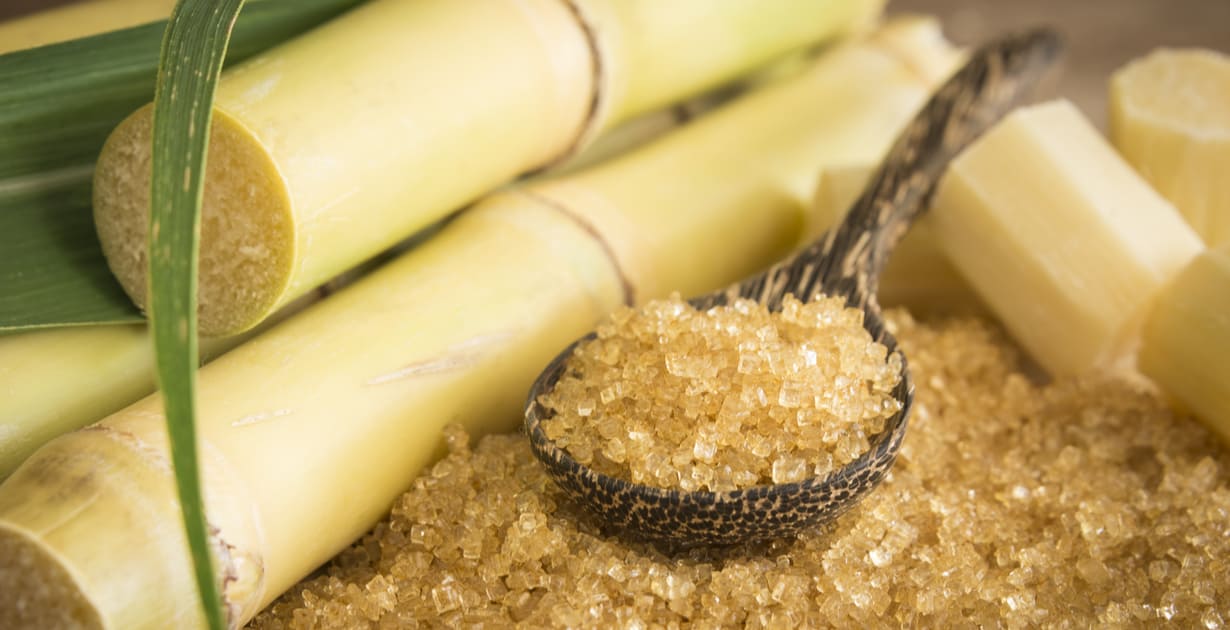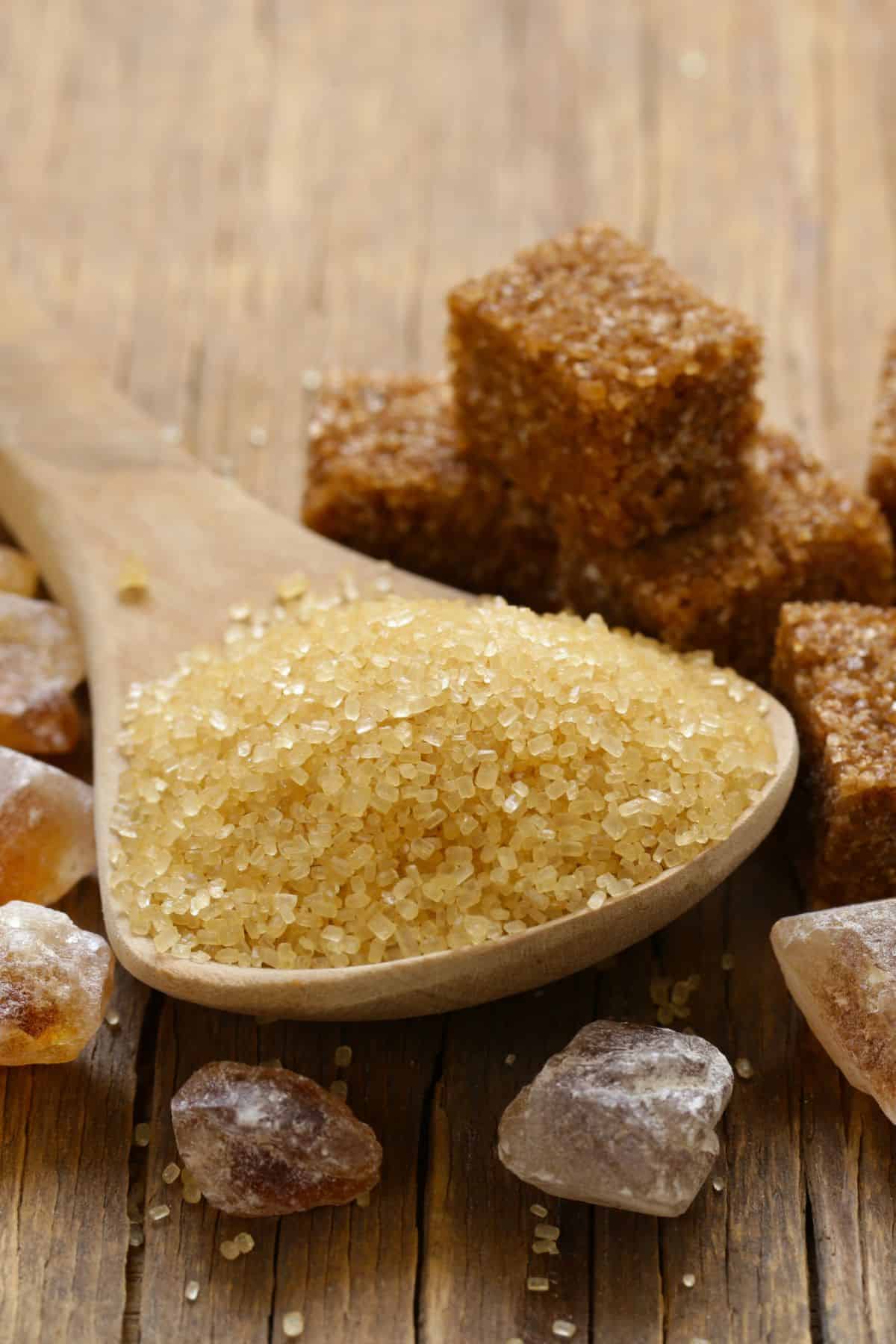Sugar and Cane: A Guide to Their Nutritional Benefits and Uses
Sugar and Cane: A Guide to Their Nutritional Benefits and Uses
Blog Article
Why Walking Stick Sugar Handling Chemicals Are Important for Modern Sugar Refining
The role of cane sugar processing chemicals in modern-day sugar refining can not be overstated, as they are essential to enhancing both the efficiency of removal and the overall top quality of the final item. Representatives such as phosphoric acid and particular flocculants are utilized to get rid of impurities, resulting in sugar that not only fulfills consumer expectations yet also sticks to market requirements.
Role of Handling Chemicals
The efficiency of cane sugar processing hinges considerably on the calculated application of processing chemicals. These chemicals play a crucial duty in enhancing the efficiency and high quality of sugar removal and refining. From the preliminary stages of juice removal to the last purification actions, processing chemicals assist in numerous critical operations.
In the removal phase, chemicals such as phosphoric acid and calcium hydroxide are utilized to optimize the explanation process, aiding to eliminate contaminations and suspended solids from the cane juice. This not only boosts the yield but additionally makes sure the clearness of the last product. Additionally, agents like flocculants help in the quick settling of impurities, therefore improving the total process.
As the handling developments, chemicals are used in decolorization and crystallization phases. Activated carbon and ion exchange resins offer to remove color and smell, ensuring that the refined sugar meets customer high quality criteria. Ultimately, the function of processing chemicals prolongs beyond operational effectiveness; they substantially impact the sensory features of the end product, adding to market competitiveness. Therefore, the thorough selection and application of these chemicals are vital for achieving optimal end results in cane sugar processing.
Key Kinds of Chemicals
Cane sugar handling counts on a range of essential chemicals that promote each stage of manufacturing. These chemicals play vital duties in clearing up, whitening, and detoxifying the sugar drawn out from cane.
One primary group of chemicals consists of flocculants, such as polyacrylamide, which help in the explanation process by promoting the aggregation and settling of contaminations. In addition, calcium hydroxide is often used to neutralize level of acidity and aid in the elimination of non-sugar parts.
Bleaching agents, such as triggered carbon and sulfur dioxide, are used to decolorize the syrup, causing a more clear end product. These chemicals help eliminate shade substances that may impact the sugar's look and marketability.
Additionally, phosphoric acid functions as a pH regulatory authority throughout the processing stages, making sure ideal conditions for the chemical activities associated with sugar removal and purification.
Various other vital agents consist of edta (ethylenediaminetetraacetic acid), which chelates steel ions that can catalyze unfavorable responses, and sodium hydroxide, which helps in pH control throughout the refining procedure. Jointly, these chemicals boost performance and ensure a top notch walking cane sugar product.
Advantages for Sugar High Quality
Frequently ignored, the usage of details handling chemicals significantly enhances the general top quality of walking cane sugar. These chemicals play a crucial role in refining processes, making sure that the end product fulfills rigid sector standards for purity and taste.

Additionally, processing chemicals help in attaining a consistent granulation and appearance, which are essential for customer acceptance. By controlling the crystallization procedure, these chemicals make certain that the sugar crystals form uniformly, bring about a much more attractive item that liquifies well in different applications.
In addition, the usage of these chemicals can boost the shelf life of walking stick sugar by decreasing moisture absorption and useful site microbial development. Overall, the critical application of processing chemicals is important for delivering premium walking stick sugar that satisfies consumer assumptions and sector needs.
Ecological Impact Considerations

Additionally, the energy-intensive nature of sugar refining, worsened by chemical use, typically results in increased carbon exhausts. This adds to environment change and elevates problems relating to the sustainability of current refining practices. Additionally, the sourcing of these chemicals might entail practices that endanger biodiversity, such as monoculture farming, which lowers the resilience of farming ecological communities.

To alleviate these effects, sugar refiners are significantly checking out sustainable alternatives and taking on ideal techniques that lessen chemical use. Applying extensive environmental administration systems can help make certain that the refining process aligns with ecological standards and promotes biodiversity. Eventually, a balanced method that focuses on both sugar high quality and environmental stewardship is vital for the lasting practicality of the sugar sector.
Future Patterns in Refining
As the sugar sector grapples with the environmental obstacles linked with standard refining techniques, innovative approaches are emerging to improve both efficiency and sustainability. One considerable fad is the fostering of green chemistry principles, which prioritize making use of safe, naturally degradable handling chemicals. This change not just minimizes ecological influence however additionally addresses consumer need for cleaner production techniques.
An additional encouraging advancement is the application other of advanced filtering innovations, such as membrane layer separation and adsorption processes. These strategies improve the clarity and quality of the sugar while minimizing the quantity of wastewater generated during refining. In addition, the combination of digital technologies, including IoT and AI, is transforming functional efficiency by enabling real-time tracking and predictive upkeep, therefore minimizing resource waste.
Furthermore, the use of by-products from sugar refining, such as bagasse and molasses, is gaining traction. These products can be exchanged biofuels or value-added products, adding to a round economy within the industry. Collectively, these trends signal a change in the direction of more sustainable practices that not only enhance functional effectiveness however also line up with global sustainability goals, making sure the future practicality of sugar refining.
Final Thought
Walking cane sugar processing chemicals are vital in modern-day sugar refining, significantly enhancing the efficiency and high quality of sugar removal. The calculated use of these chemicals not only boosts the pureness and flavor of the final product however additionally ensures constant crystallization and appearance. As the industry increasingly prioritizes sustainability, the fostering of environmentally-friendly processing agents is most likely to shape future fads in refining, ultimately leading to higher quality products and extended shelf life for consumers.

Inevitably, a well balanced method that prioritizes both sugar high quality and ecological stewardship is necessary for the internet lasting feasibility of the sugar market.
Cane sugar processing chemicals are necessary in modern-day sugar refining, substantially boosting the effectiveness and top quality of sugar extraction.
Report this page